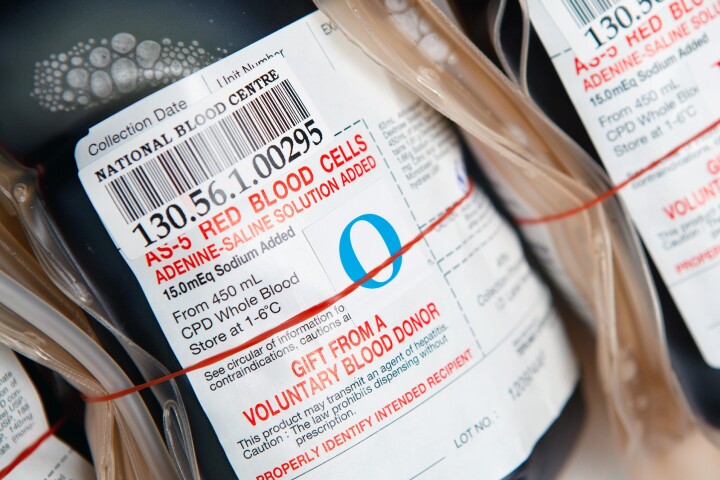Over the three years since its original launch, we’ve seen the small but mighty Raspberry Pi put to use in numerous projects. From phones to touchscreen desktop PCs, the little board has been at the center of all manner of creations, and with the recent release of the second generation Model B, we’re sure to see it put to use even more imaginative ways. PiJuice aims to up the versatility of the system, adding battery power to make it more portable.
PiJuice is fairly simple device. It provides a 1,400 mAh user-swappable lithium-ion battery, compatible with the Raspberry Pi’s HAT layout, and combines it with multi-colored RGB LEDs for status and power management software for the Raspberry Pi OS. It uses five of the board’s GPIO pins, leaving the rest free for other add-ons.
The accessory is designed to turn the mini PC into an independent platform, charging up when plugged in, in just the same way as a laptop or smartphone. There’s a real time clock on board, allowing it to independently keep track of the time, even when not connected to the internet, and included software allows it go into sleep mode when charge gets low.

The included battery will power a Pi for up to six hours, and the team is working to source 5,000 and 10,000 mAh batteries that it estimates will last for 16 and 28 hours respectively.
If a portable Raspberry Pi sounds like something you might be interested in, then the team's second, solar powered version of the add-on will likely pique your interest even more. The PiJuice Solar is designed to allow users to create entirely autonomous systems, from security camera setups to weather stations, using a Raspberry Pi board as a backbone. It plugs directly into a provided solar panel via micro-USB, and can reportedly receive inputs from thermoelectric plates, wind turbines and other renewable energy sources, too.
The team believes that the easy portability provided by the PiJuice add-on greatly expands the platform's usefulness, and has designed a number of portable projects that it will open source to the community.
A single early bird PiJuice is pitched at £20 (US$30) on Kickstarter , while the PiJuice Solar is £60 ($91), complete with a specially made 6 V PV panel. The project has nearly tripled its £10,000 funding target as of writing, and should everything go to plan, its creators aim to ship units to backers by the end of June.
The team's crowdfunding pitch video can be seen below.
Sources: PiJuice, Kickstarter











